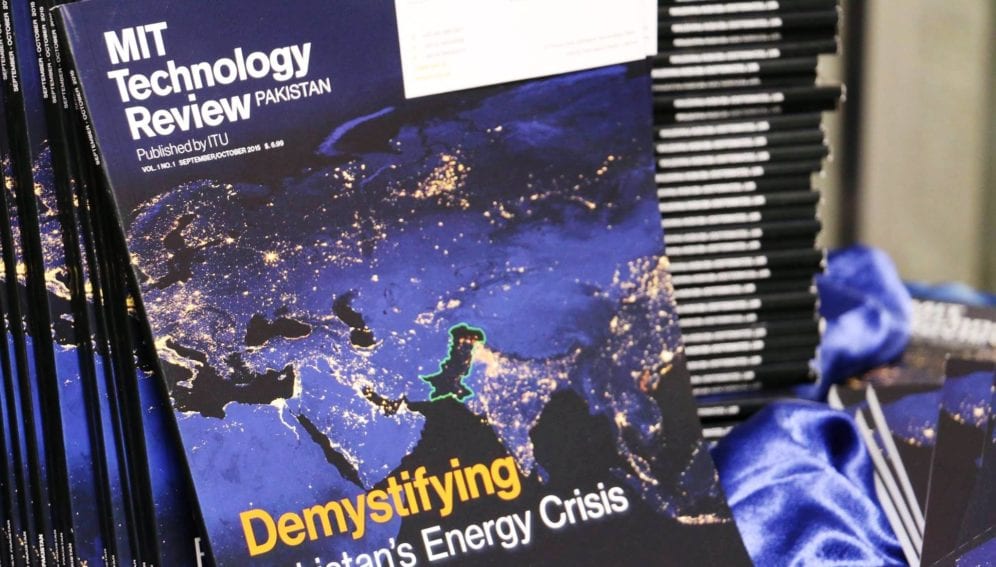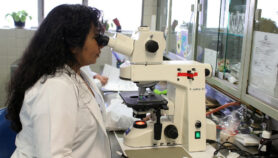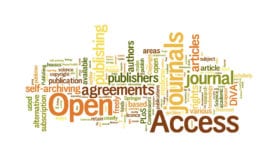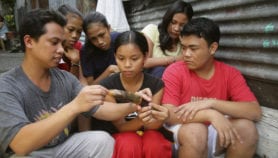Send to a friend
The details you provide on this page will not be used to send unsolicited email, and will not be sold to a 3rd party. See privacy policy.
[LAHORE] The launch of a Pakistani edition of the MIT Technology Review is expected to boost peer-reviewed research on science and technology as well as entrepreneurship in this country.
“Pakistan needs a credible publication for science and technology — one that talks about real technology issues, publishes actual science and informs tech-savvy youth in Pakistan about the latest technology trends and innovations around the world,” says Umar Saif, vice chancellor of the Information Technology University (ITU), Lahore.
Saif, a former alumnus of the Massachusetts Institute of Technology (MIT), Cambridge USA, was instrumental in winning affiliation for the Pakistan edition that was officially launched on 19 September by ITU, the publisher.
Saif says he expects the publication to help discourage false claims such as the one made by a Pakistani scientist in 2012 that he had invented a car capable of running on water — which had officials lauding it as something that had ‘brought about a revolution in the world of science.’
“I felt it was my responsibility to give Pakistan a credible forum to talk about real science. I immediately took steps to get in conversation with MIT Technology Review – it took a couple of years to get here…”
The launching team hopes the publication will benefit researchers, innovators and entrepreneurs of Pakistan who needed a credible, internationally recognised forum to showcase their work to a broader audience.
“The main areas of focus are energy, ICT4D, and entrepreneurship, however, these are to begin with…we will diversify as we go steadily in print and build our team’s capacity to focus on more areas that concern Pakistan,” explains Saif.
The inaugural edition highlights Pakistan’s energy woes of Pakistan in a cover story by leading journalist Jawwad Rizvi. “We are hoping the project becomes self-sustainable within a couple of years of its operation (via ads and subscription fee) and is no longer dependent on research grants,” Saif says.
Prof. Sarmad Hussain, who heads the Centre of Language Engineering, University of Engineering and Technology, Lahore, says that apart from providing credibility to creative work done in the country and encouraging researchers to showcase their work, the new publication will help the “formation of linkages with international research organisations.”
This article has been produced by SciDev.Net's South Asia desk.














